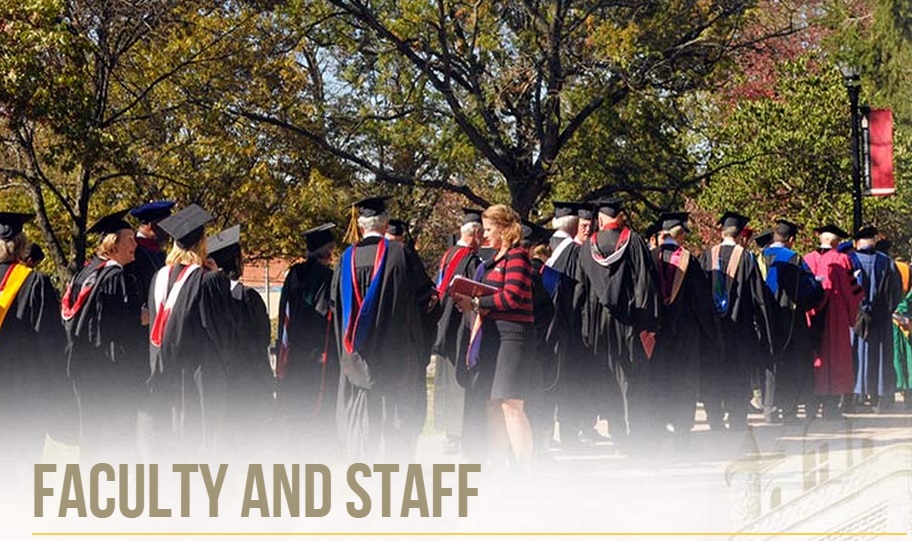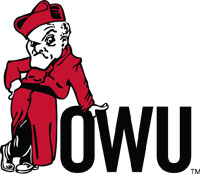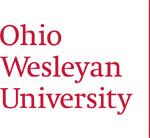When the call to adjourn the faculty meeting echoed across Merrick’s third floor, faculty and administrators breathed a collective sigh of relief.
This Sept. 21, faculty met to discuss issues ranging from ways to increase revenue streams without compromising educational quality to the merits of a new major.
President Rock Jones initiated the discussion on ways to improve OWU’s incoming revenue by offering final statistics on the class of 2019. He reported that there are 464 freshmen, 14 more than were projected and thus budgeted for.
Professor Karen Poremski of the English department asked “what kinds of implications does that [number] have for budget, specifically in regards to the very painful cuts to personnel and classes right before the school year started?”
Jones replied that, unfortunately, in order to net those students, OWU had to leverage financial aid options. As a result, “there is no extra revenue from those extra 14.”
Jones also outlined his analysis of the areas where improvement could bolster the university’s current financial situation. Three in particular need attention, he said: “Admission, retention and new programs.”
Due to targeted recruitment on the part of the Admissions Office, school visits are up slightly, and a small pool of interested students have been contacted by OWU (as opposed to the broad, 40,000 student search typical in past years). “New promotional materials, and a new website, that will be released next month, will also enhance [OWU’s] appeal,” said Jones.
In terms of the retention rate—a low 79.3 percent—the administration is focusing on a number of strategies to provide assistance to students who are in danger of dropping out. Jones noted the importance of programs like StART, FreshX, and the UC 160 courses. Beyond that, he and senior leadership are looking at “all aspects of life on campus through the lens of how it affects students.”
Finally, Jones argued that “with demographics changing as dramatically as they have, if we offer only the programs we have in the past, the numbers will stay down.”
When it was time to ask the president questions, many faculty countered Jones’ three categories for improvement with categories of their own. On the top of the list was the state of residential facilities. Professors noted that students often complain about the outdated and even neglected buildings that they call home.
One professor even said that this was the number one complaint of students when she was on the Faculty Planning Committee ten years ago.
When Chris Wolverton, professor of biology, took the podium to present the Governance Committee’s recommendations for increasing revenue, he emphasized student happiness.
“Retention looks to us like a mountain to climb,” said Wolverton. “It seems like a jog around the track to keep students we already have. We need a thorough review of student happiness; that is a valid question.”
Wolverton went on to compare investing in new programs to playing the lottery. “When you put keeping students up against the potential investment required for new programs, coupled with the uncertain revenue from a new program, keeping students that we have is a much better payout.”
Professor Mark Allison of the English department commented that “The portion of the student body we have the most problem retaining are those students whose academic performance is poor. The problem is also one of admission; we have to have a more educated base.”
Anne Sokolsky, a professor in the comparative literature department, supported Allison’s comment, adding that some of the “big cuts made to the library and to academics as a whole are counterintuitive to recruiting smart and talented students.”
Despite these and many other complications that feed into an analysis of OWU’s revenue stream, Wolverton wanted to make it clear that there was no area that should be left unexamined.
“There’s a lot of room to grow, I just think the broader we can make the conversation the better,” he said.
N. Kyle Smith, associate professor of psychology and chairman of the Academic Policy Committee (APC), turned the conversation from revenue streams to academic majors when he introduced a motion to approve a new area of study.
The department of economics submitted a proposal to APC to create a business administration major. Business administration majors would deal primarily with the management/accounting side of the department’s offerings, rather than on traditional economics courses.
Many faculty members were concerned that the integrity of OWU’s liberal arts philosophy would be threatened if the already large economics department grew larger still.
Smith and Barbara MacLeod, a professor of economics, assured their worried colleagues that the major would not take away students from other departments; the change would only affect students already within the department.
Still, the debate was contentious enough to warrant a motion for a “secret ballot,” a procedure that allows faculty to vote anonymously on measures before them. After the ballots were distributed, collected and counted, the motion to create a business administration major passed 59 to 19.
Smith introduced the second economics-related motion to the assembled faculty. The department of economics had also submitted a proposal to APC to petition a name change for one of their minors: they wanted the “Management” minor to be renamed “Business.”
The seemingly uncontroversial motion provoked almost as much discussion as the first, and again a secret vote was called for. The motion passed 65 to 8.


